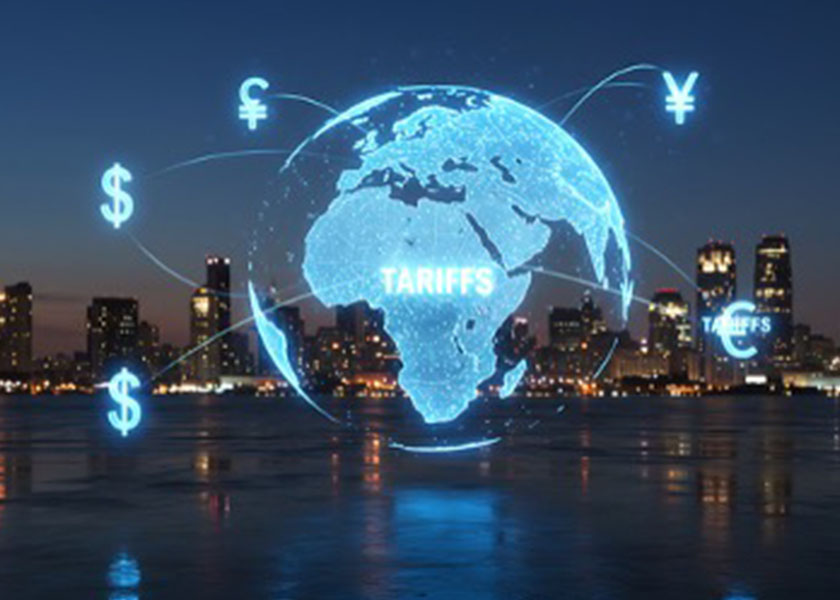For those who’ve worked hard, saved diligently, and built meaningful financial security, understanding economic policies like tariffs can help protect what you’ve earned. Tariffs- taxes on imported goods- might seem like a distant political issue, but they can have real impacts on the economy, the cost of living, and even your investment strategy.
The Potential Upside of Tariffs
- Added Government Revenue Without Income Tax Hikes
Tariffs provide governments with revenue, often helping fun infrastructure or national defense without raising income taxes. That kind of fiscal support can contribute to long-term economic stability, something that affects all of us. - Support for U.S.-Based Companies
By raising the price of imported goods, tariffs can make American-made products more competitive. If you’ve invested in U.S. manufacturers, agriculture, or other domestic industries, this could lead to stronger performance over time. - Boosting Local Economies
When local businesses thrive, they often hire more workers and expand operations. That activity helps drive economic growth, which can benefit real estate, small businesses, and the broader market- areas where many individuals have direct or indirect exposure. - Strengthening National Self-Reliance
- In times of global uncertainty, tariffs can help reduce dependence on foreign suppliers for critical good like electronics, medicine, or energy. This can make the economy more resilient, something many of us value as we think long-term.
The Potential Drawbacks
- Higher Everyday Costs
Tariffs raise the costs of imported goods, and those price increases often get passed down to consumers. Even if you don’t feel the impact directly, increased costs can affect everything from household budgets to larger purchases and business operations. - Slower Economic Growth
Since tariffs disrupt global trade flows, they can make the overall economy less efficient. Over time, this can reduce growth, which may influence investment returns and job creation. - The Risk of Trade Disputes
Other countries may respond with their own tariffs, leading to back-and-forth trade conflicts. These situations can cause short-term market volatility. This is something to be mindful of, especially when planning for retirement or managing steady cash flow. - Rising Costs for Businesses You Rely On
Many companies use parts and materials from overseas. When those imports are taxed, production costs go up-sometimes shrinking profits. If you own or invest in businesses that rely on international supply chains, this is worth monitoring.
Stay Informed to Stay Prepared
Whether you’re approaching retirement, managing investments, or simply staying financially aware, understanding how tariffs work can help you protect your long-term goals. While they can benefit some parts of the economy, they can also introduce challenges for others.
If you’re unsure how tariff changes could impact your personal finances or investment plan, it might be a good time to start that conversation with your advisor.


